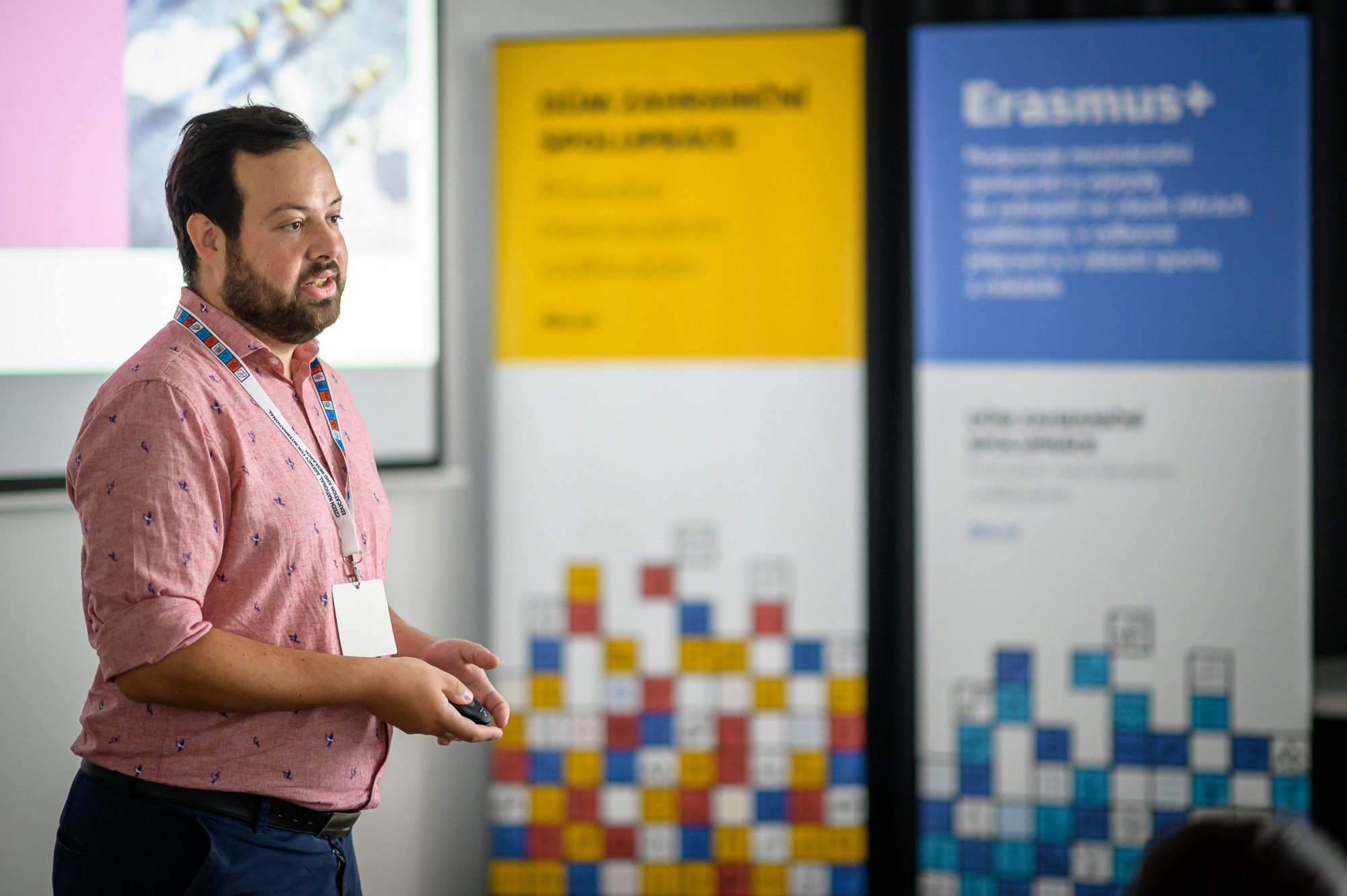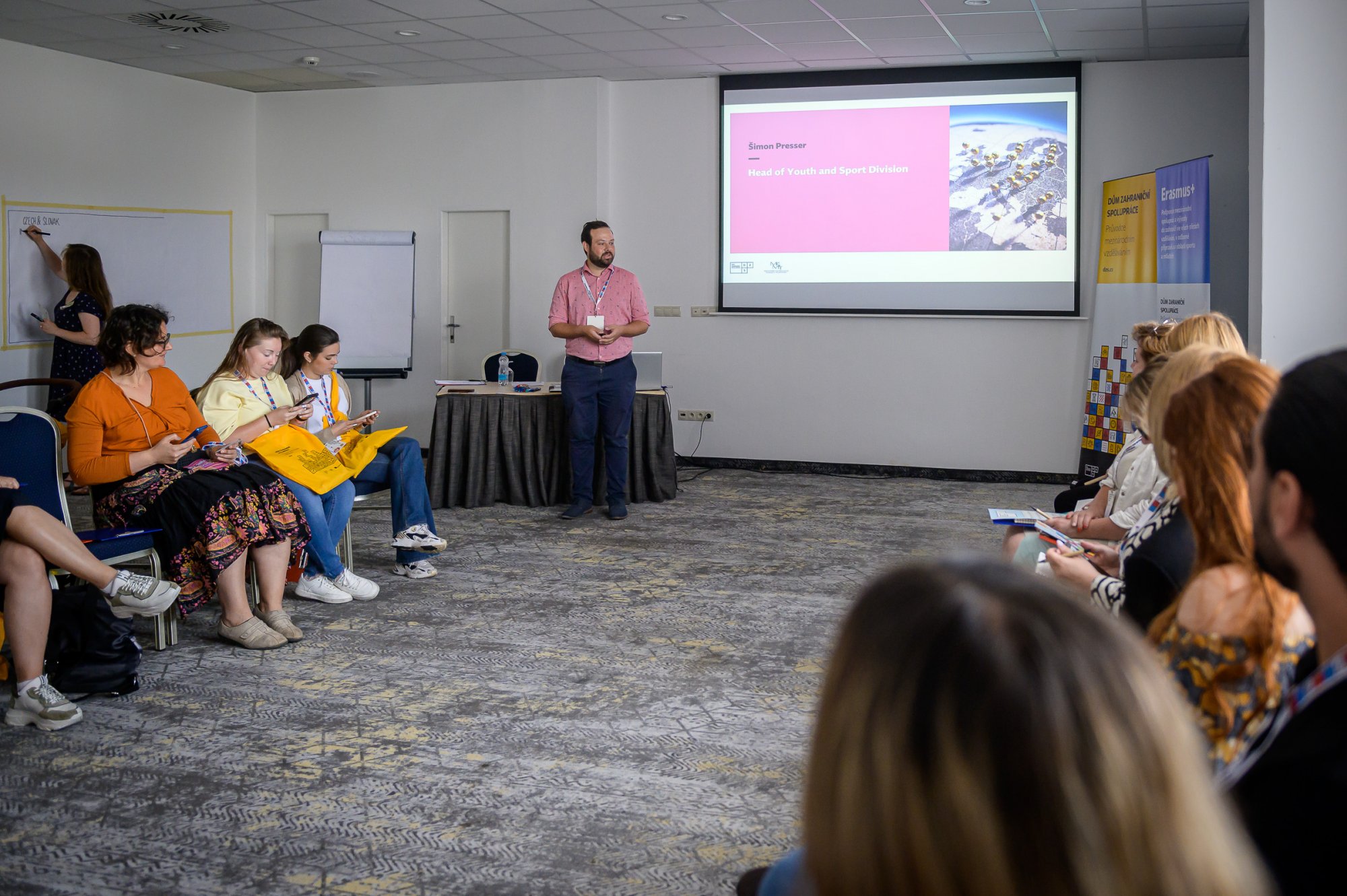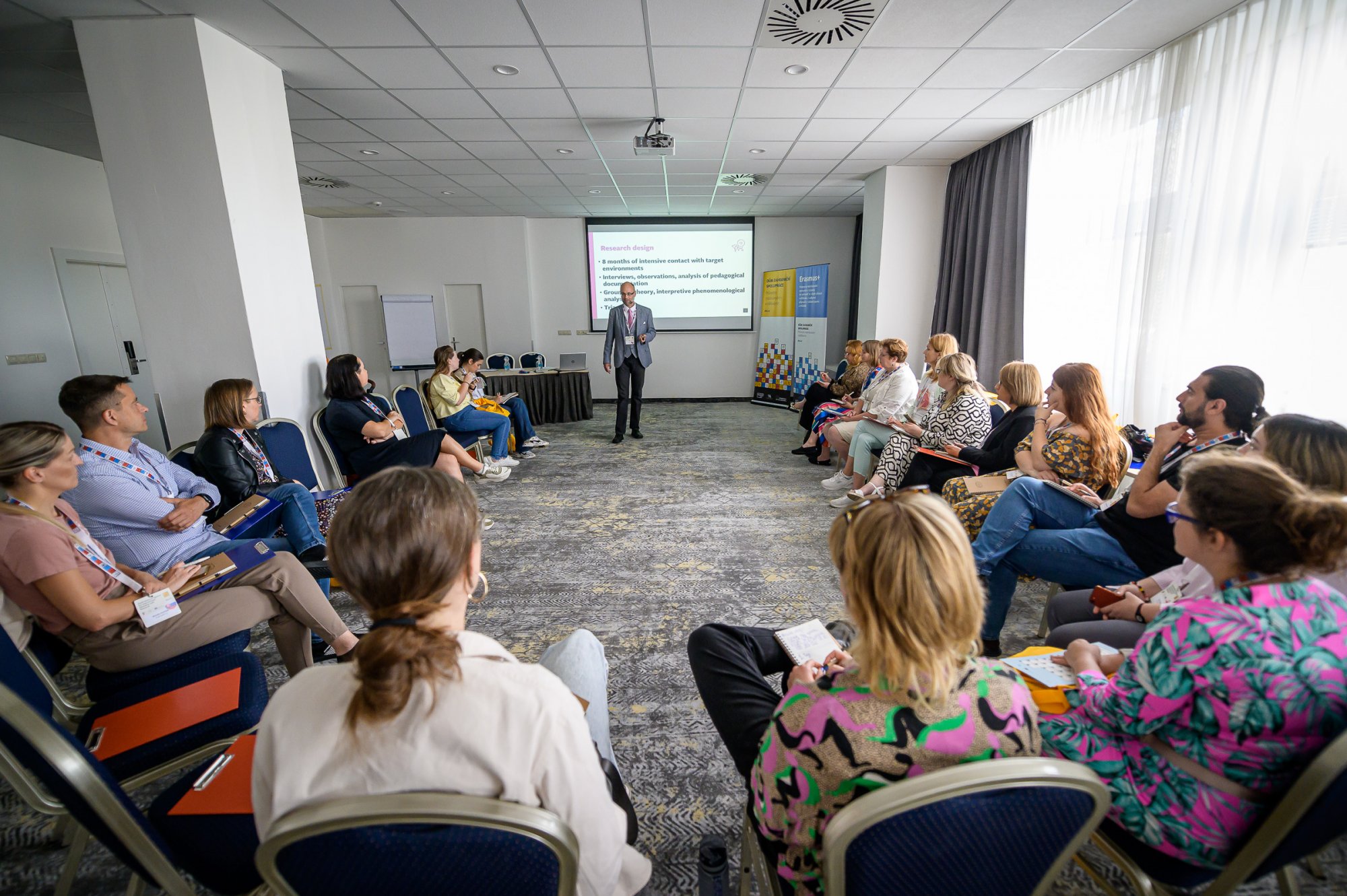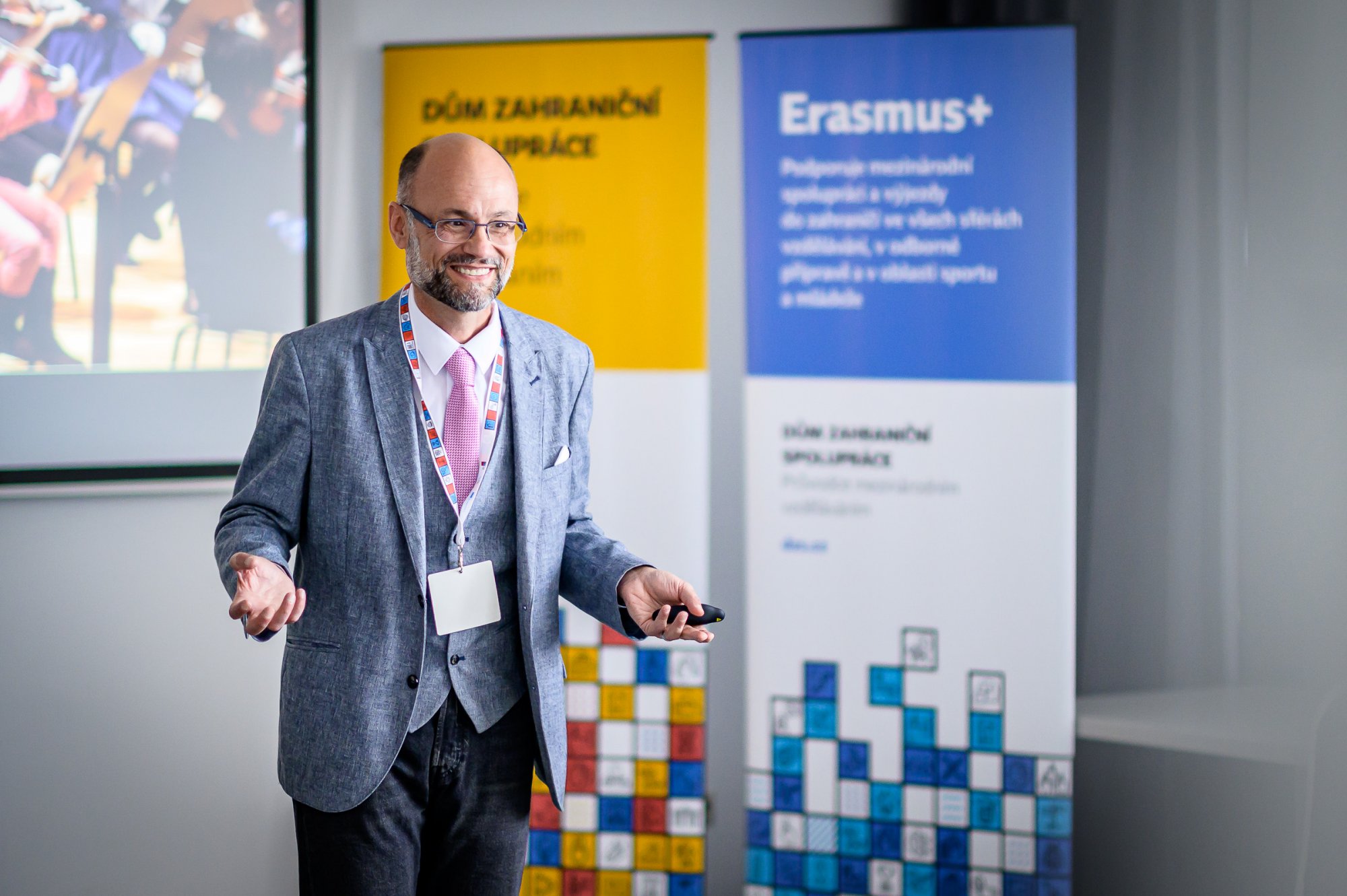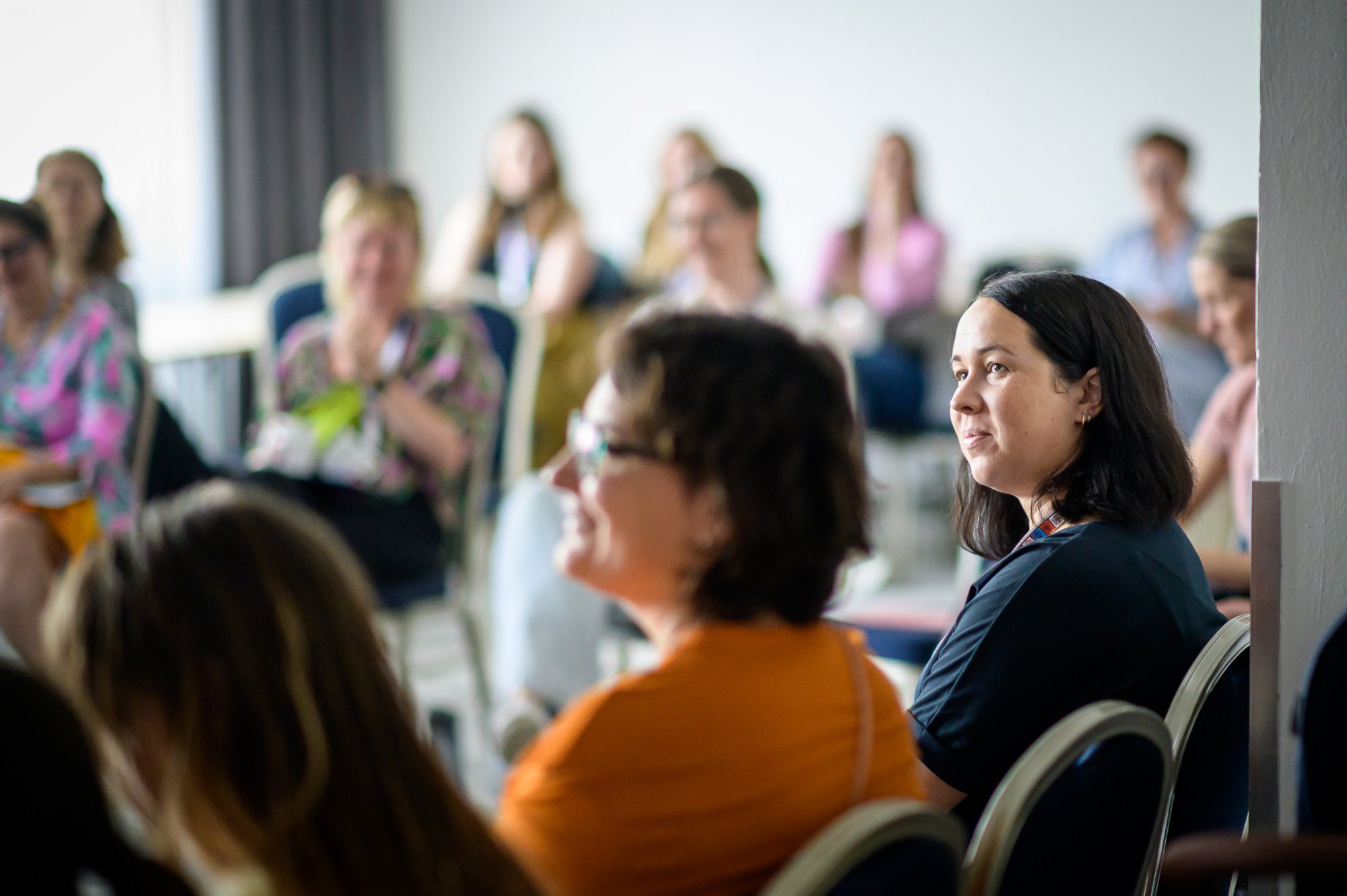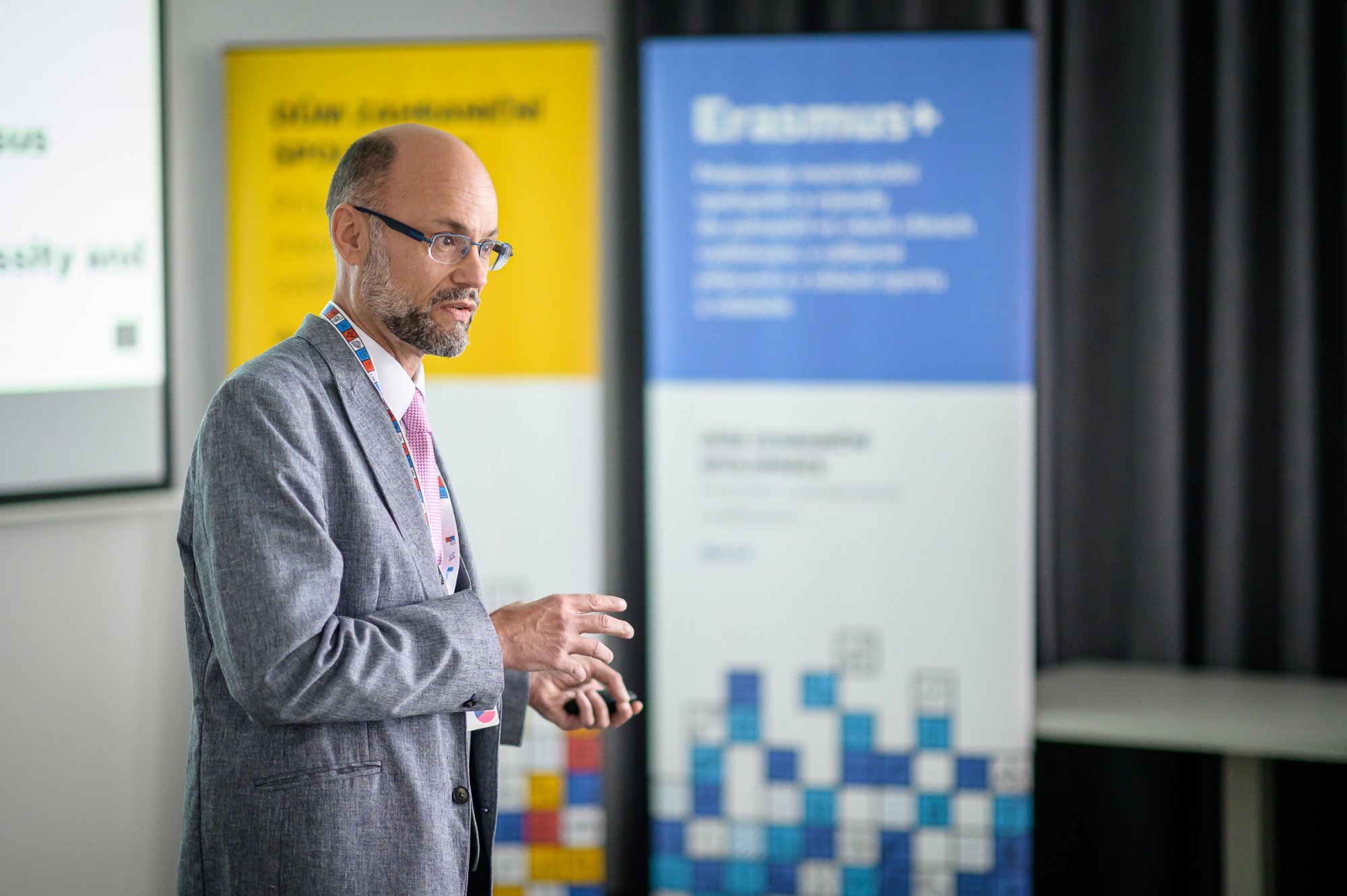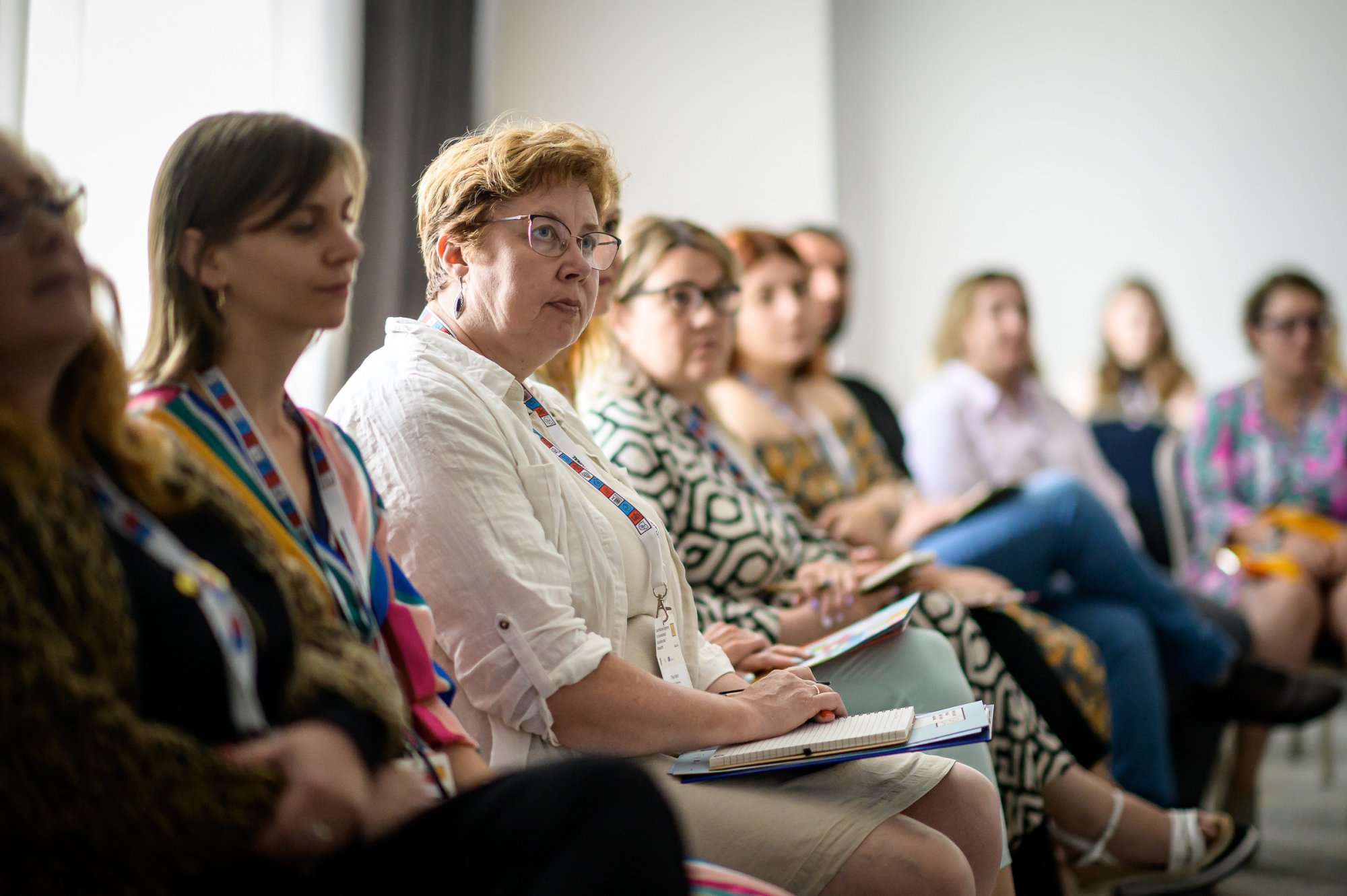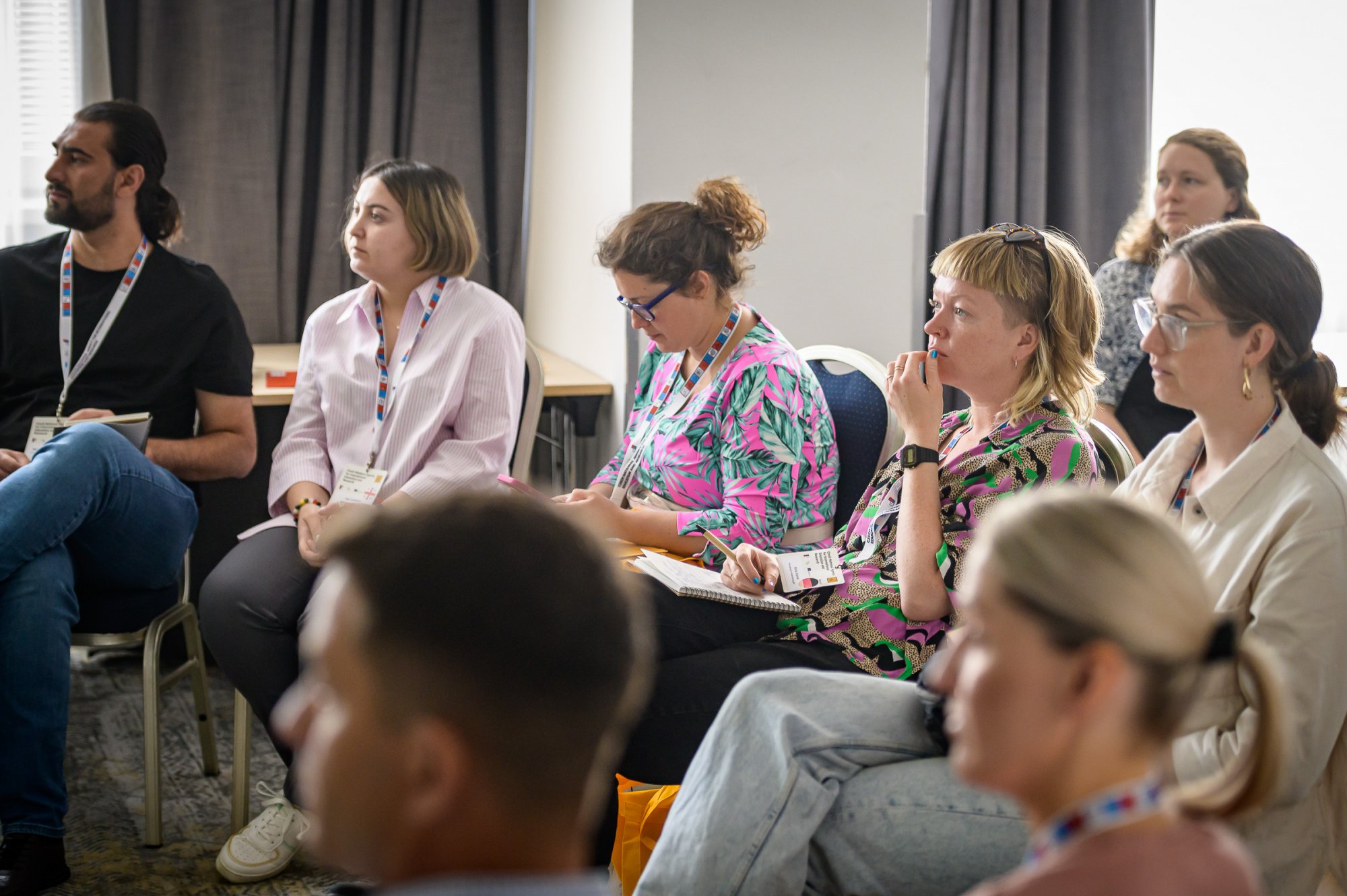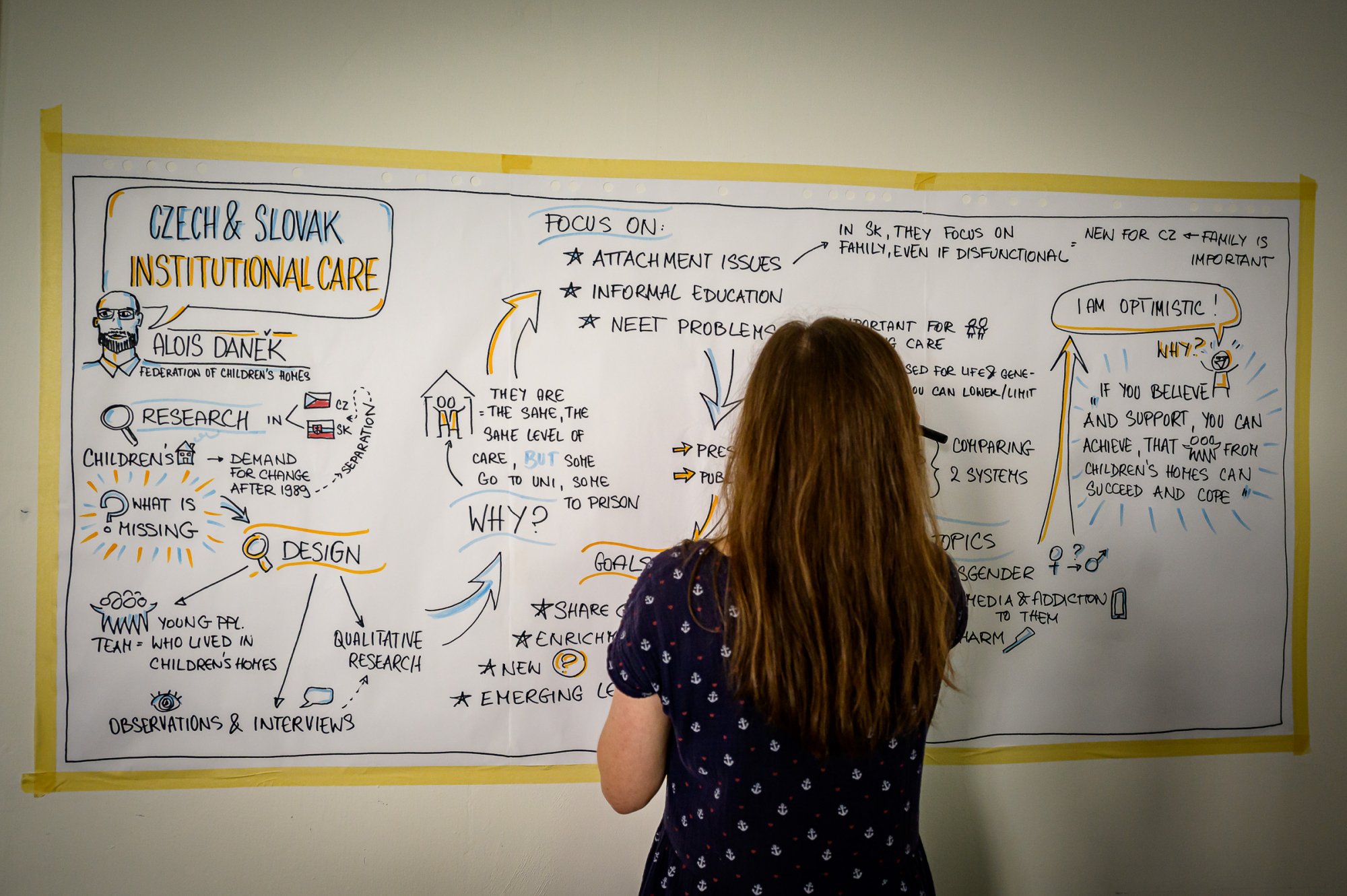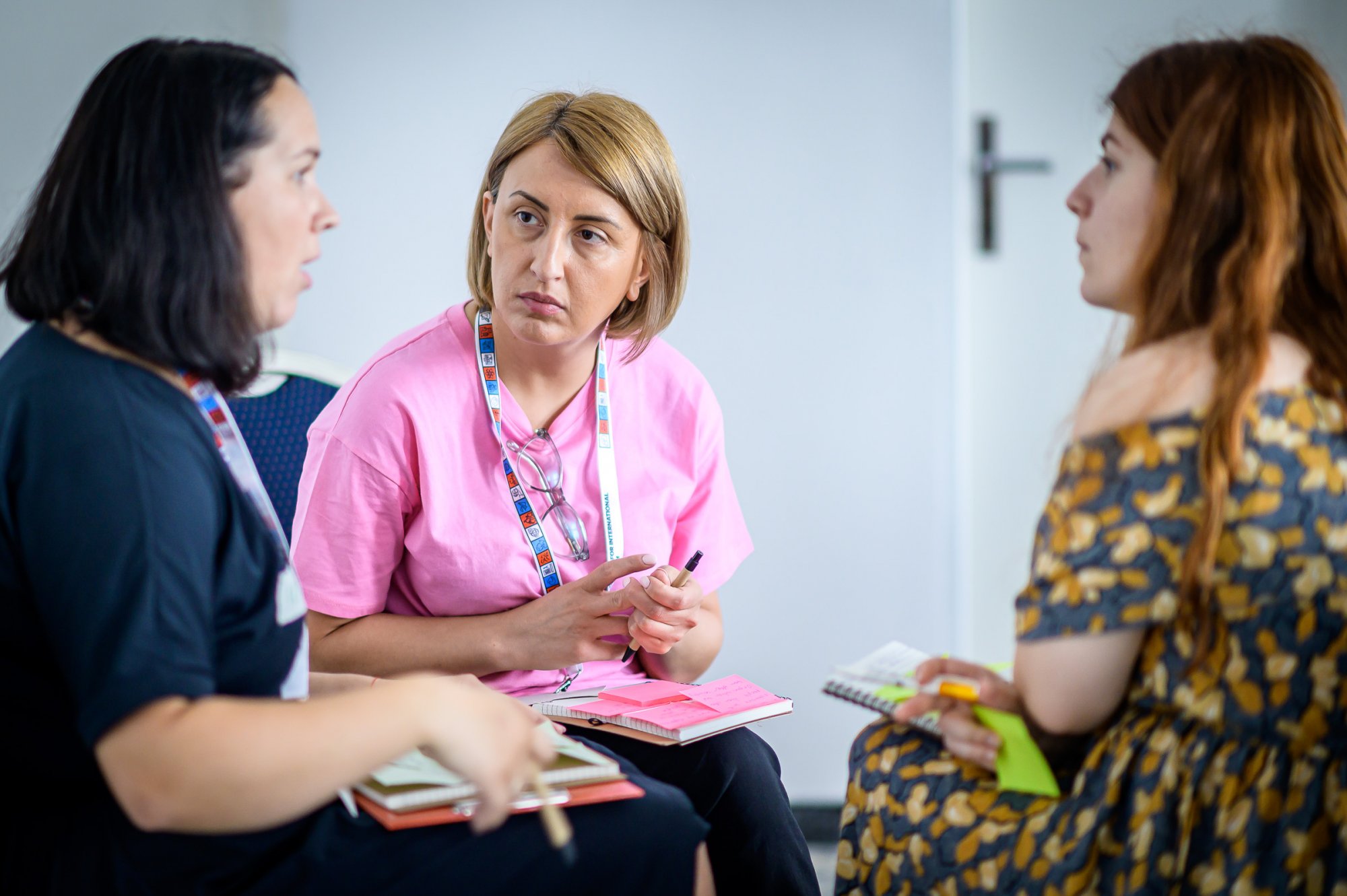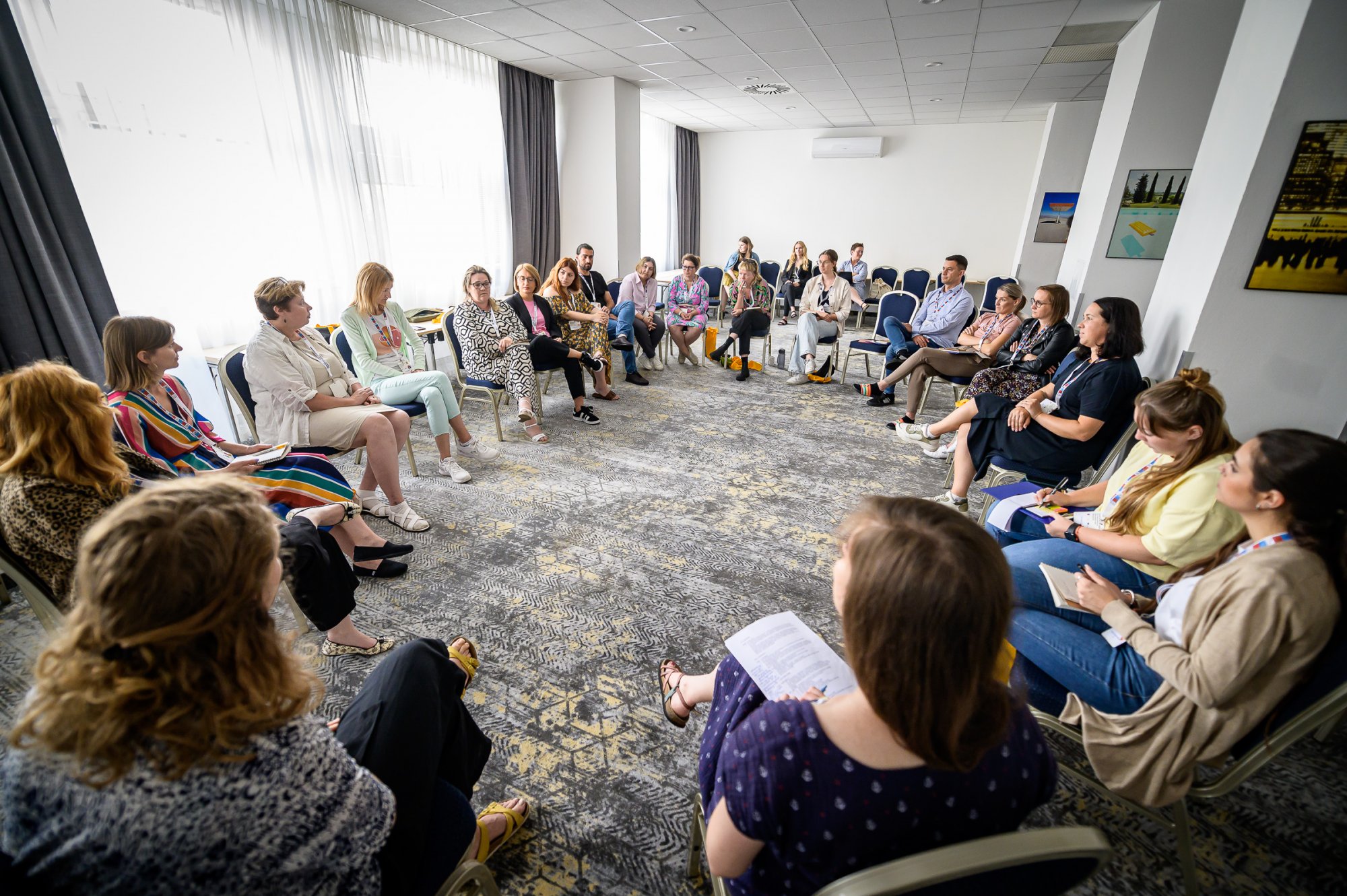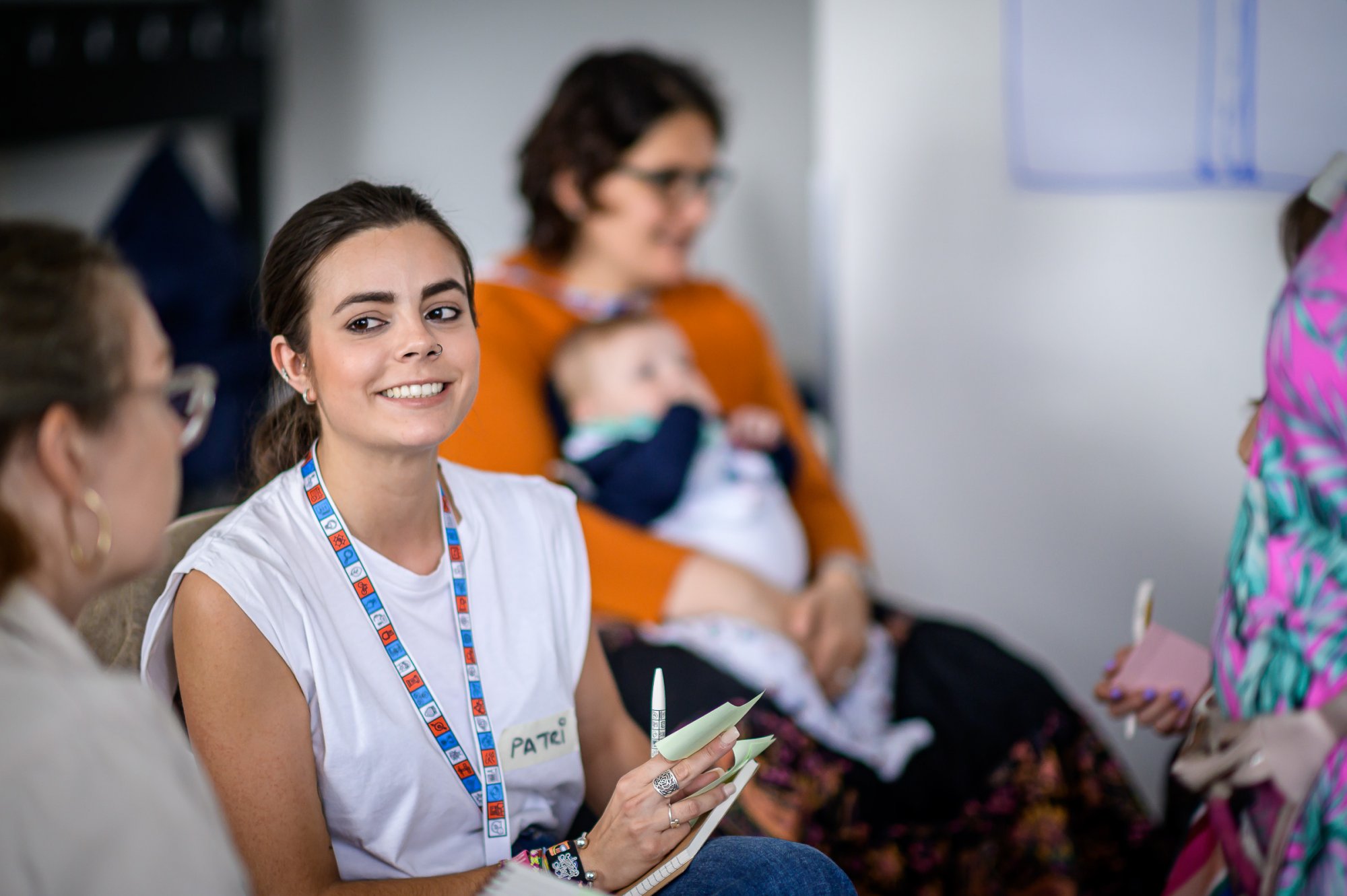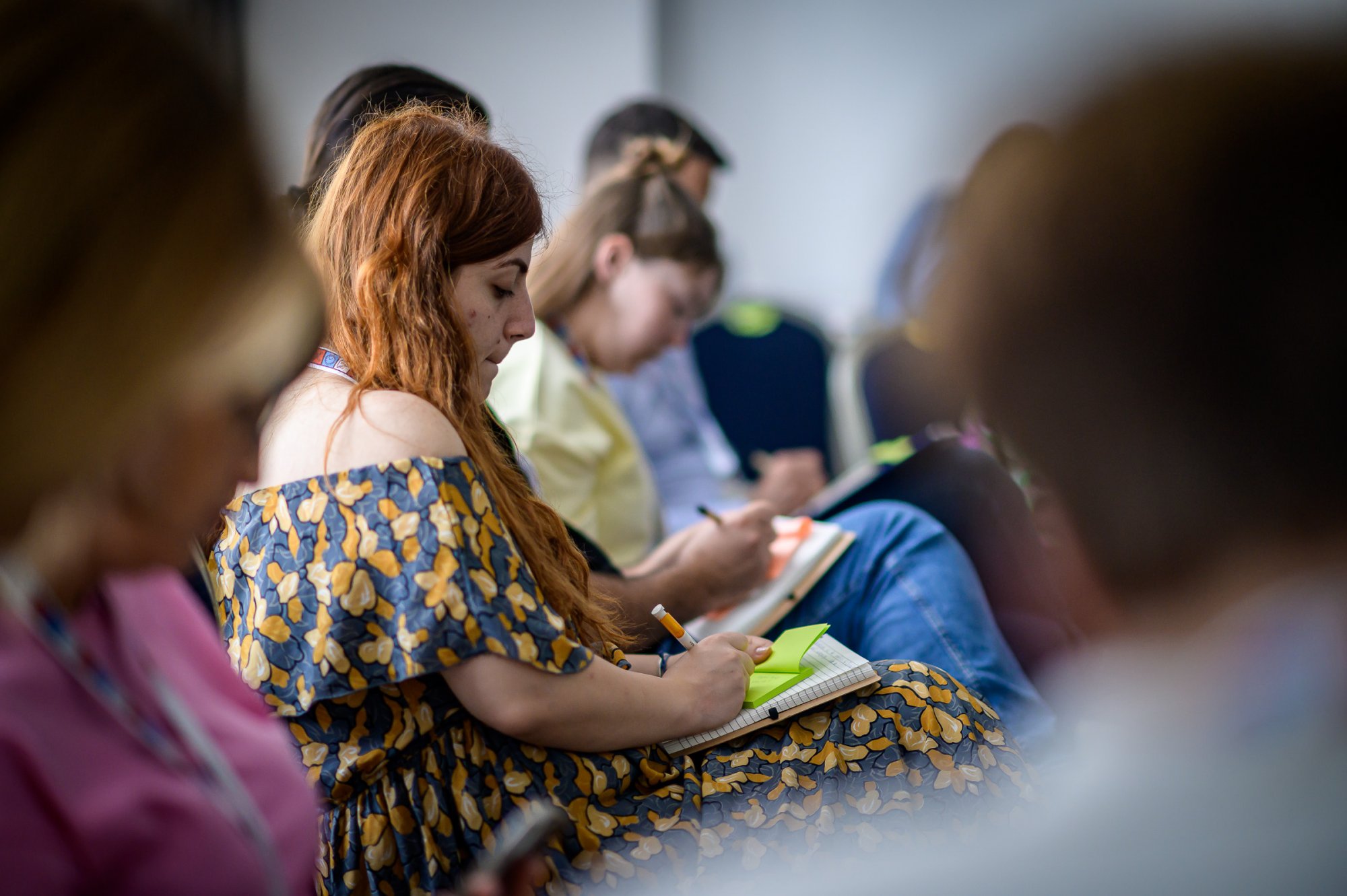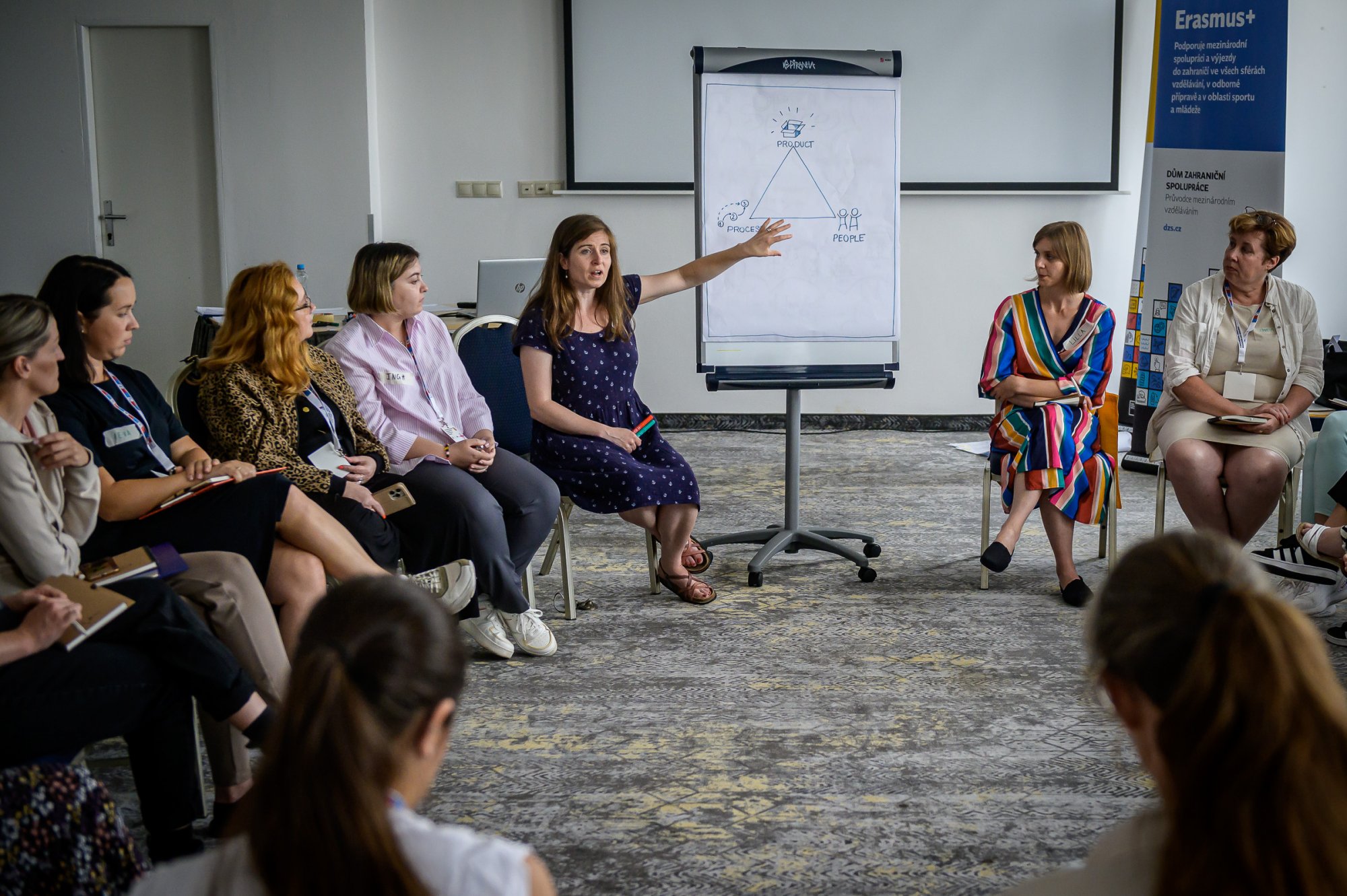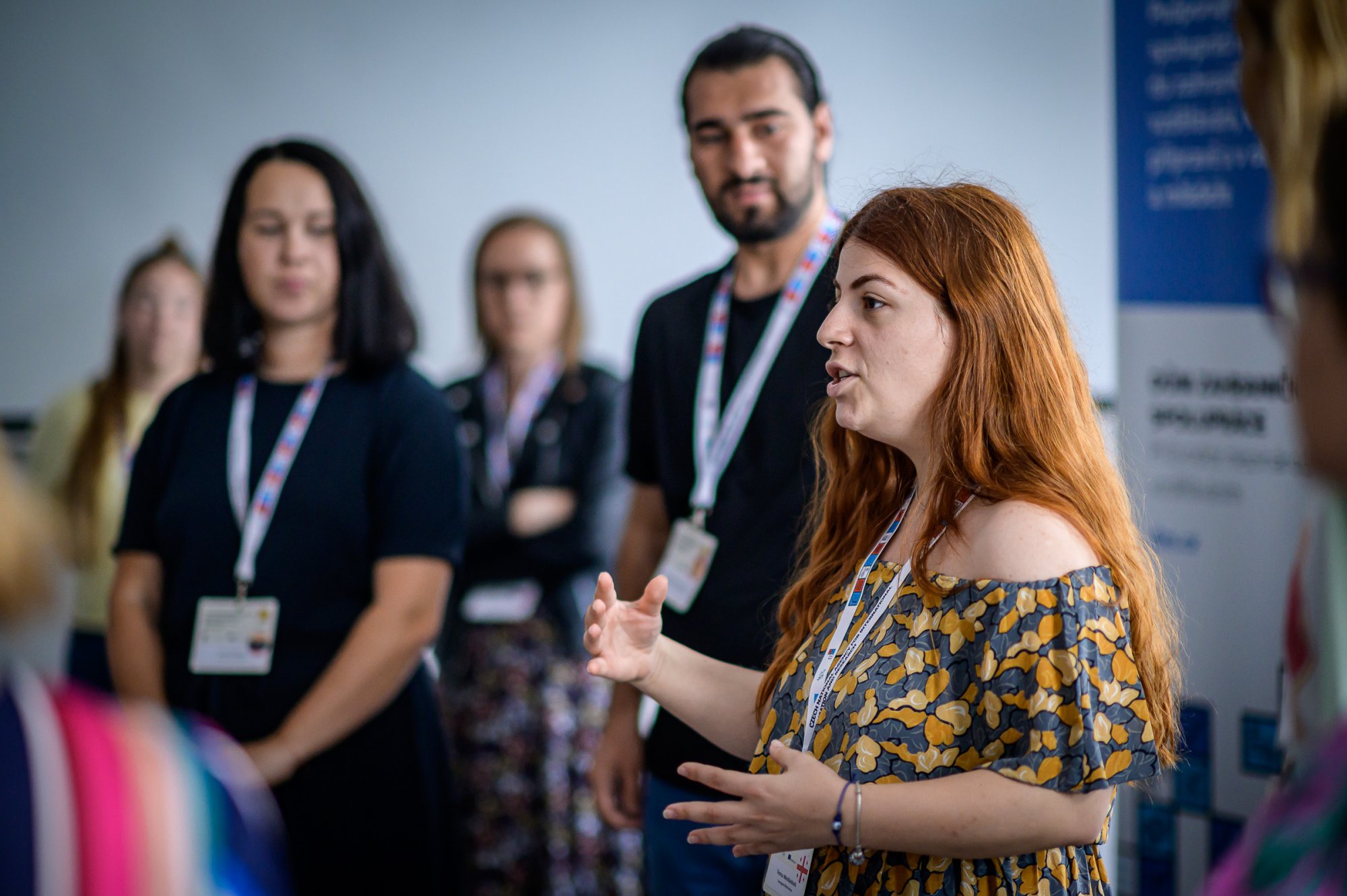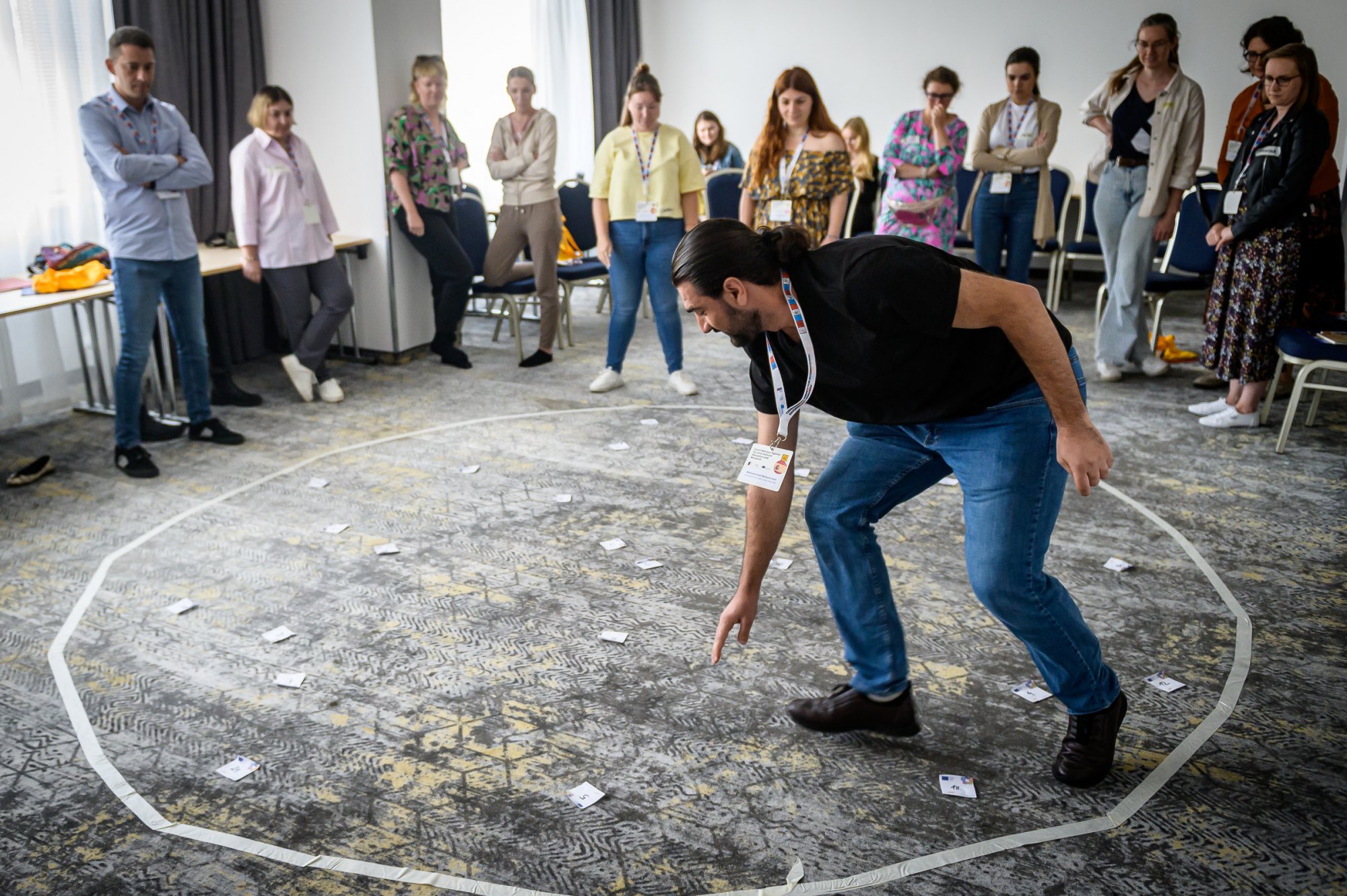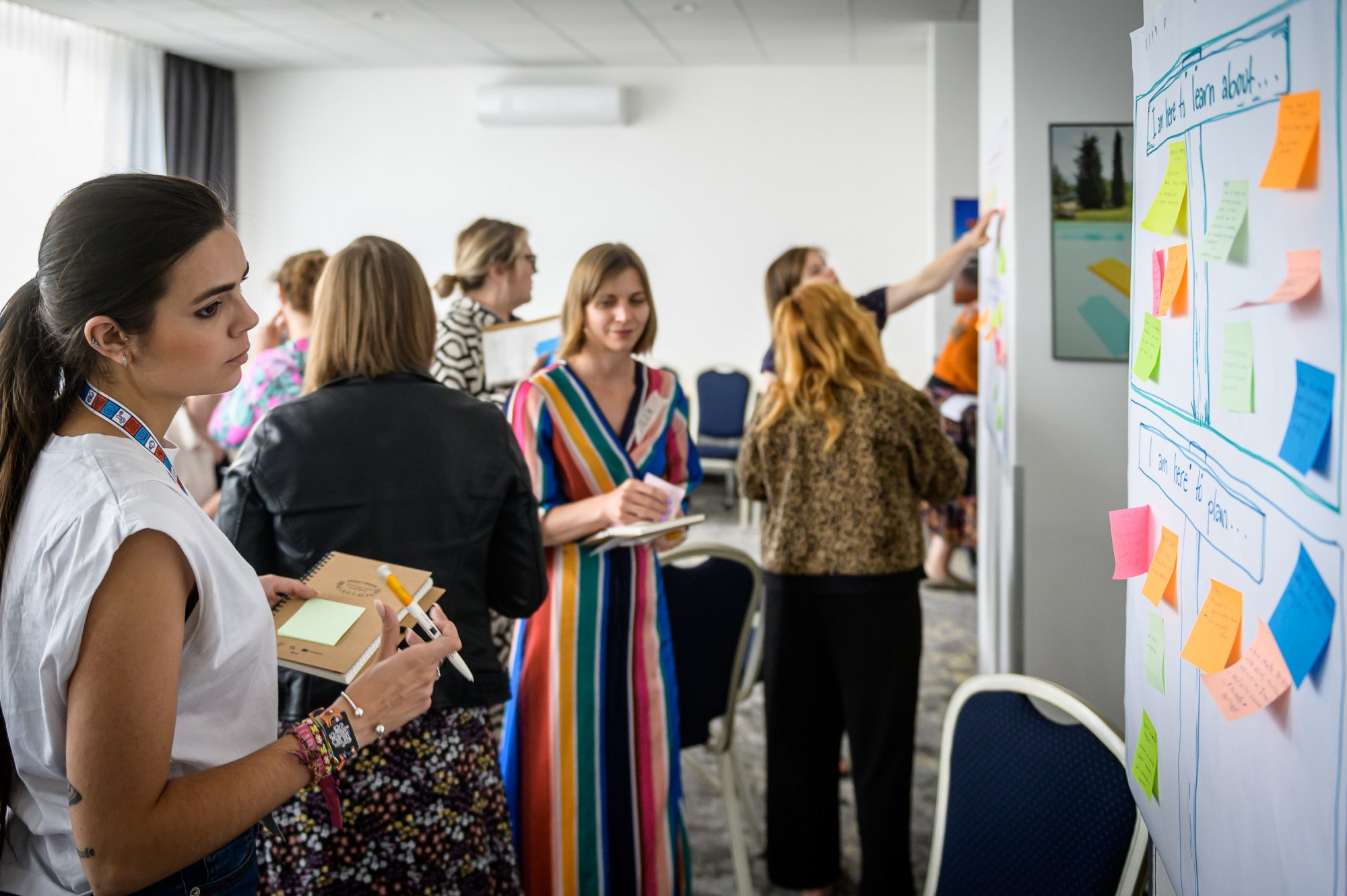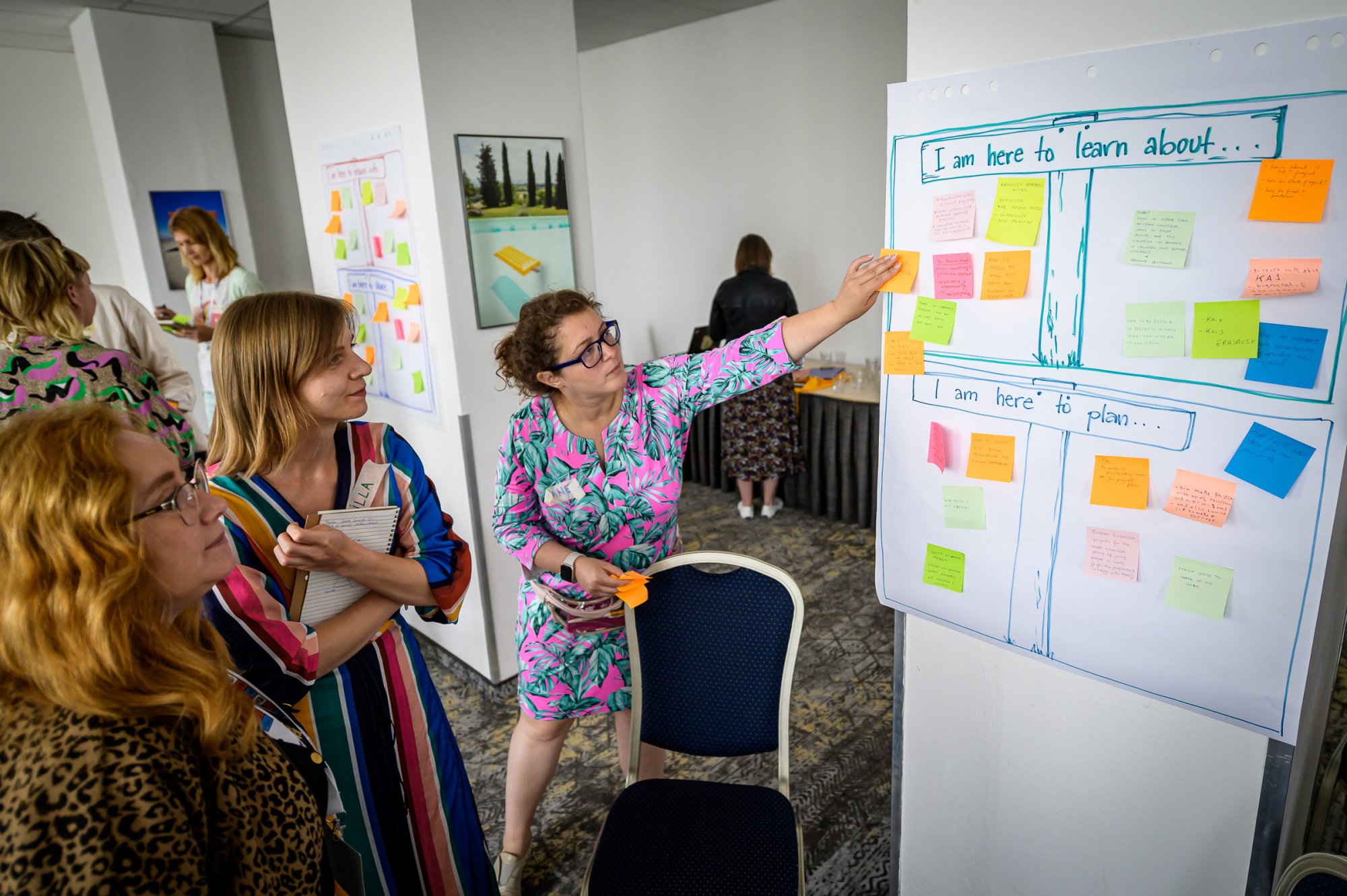From Foster Home to the World. Training for professionals in foster care Connect & Empower
The international training provided participants with information on the possibilities of involving foster care in Erasmus+.
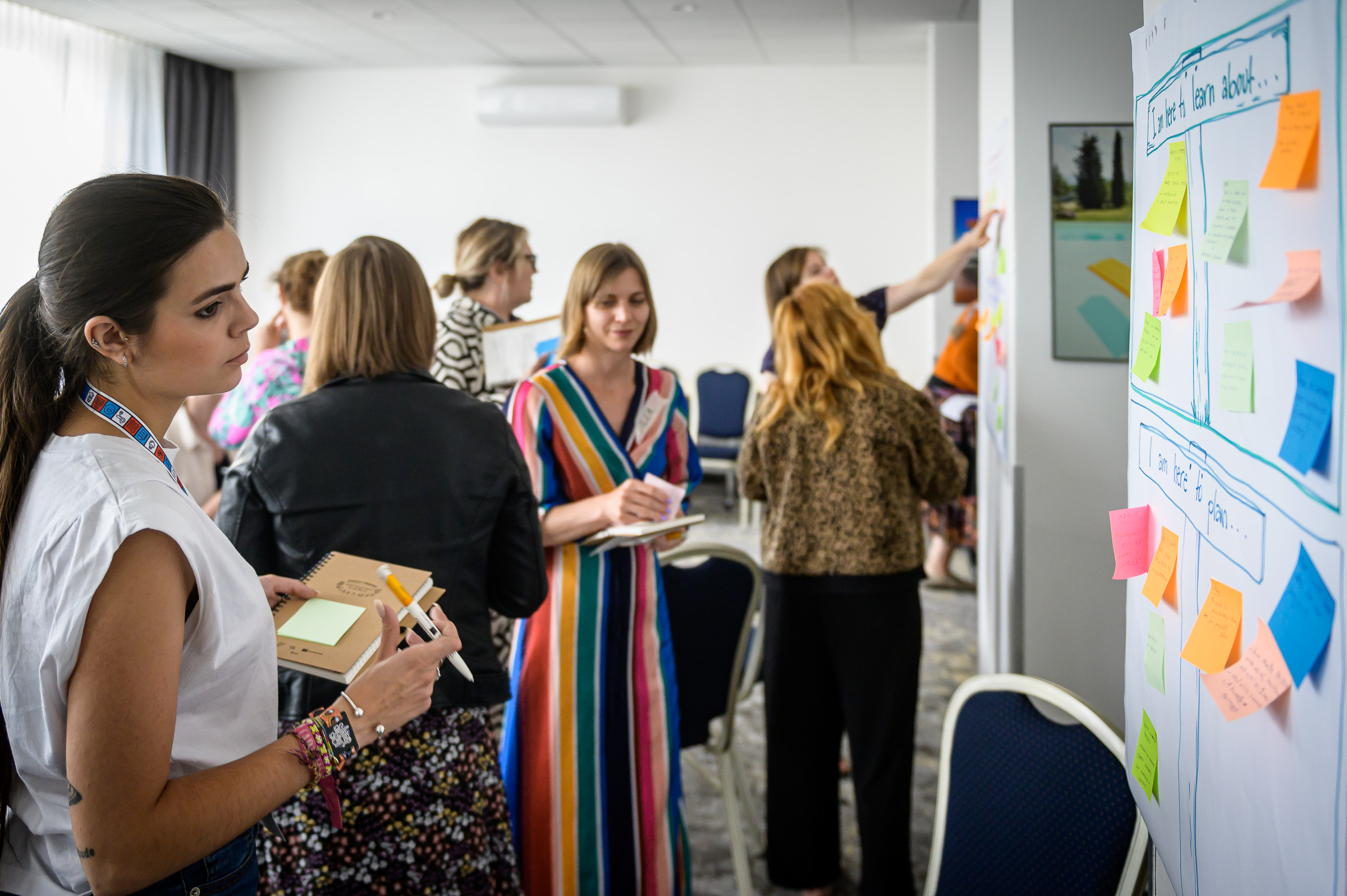
The international training "Connect & Empower - From Foster Home to the World" took place at the Pyramida Hotel in Prague at the end of June. It was attended by 19 representatives from 10 countries, including Serbia and Georgia. They share the experience of working with disadvantaged youth in foster homes. Over several days, they worked together on their project ideas and got to know not only each other but also the possibilities of the Erasmus+ programme. Throughout the event, they had the opportunity to discuss their experiences and any difficulties they encountered.
Šimon Presser, Head of Non-Formal Education of Youth and Sport Division at the Czech National Agency for International Education and Research, opened the event and stressed the importance of inclusion. While their peers often already have experience with trips abroad, for these young people, joining the Erasmus+ programme may be their first experience of this type. He also introduced the participants to the non-formal youth education opportunities offered by the programme and how DZS can help to involve everyone.
The floor was then taken over by Alois Daněk, who collaborates with the Klánovice Children's Home and the Federation of Children's Homes, presenting qualitative research that focuses specifically on the Klánovice Children's Home and the Children's Centre Slovakia. This topic sparked a stimulating discussion. In it, it was critically pointed out that young people with experience in institutional education require a significant level of support.
He also outlined the challenges that the Czech and Slovak systems face and the benefits of creating a platform for their mutual cooperation. The presentation ended with a joint appeal for improving the quality of work with youth in institutional care. "We believe that the results of our research will not only enrich Czech and Slovak institutional education but will also have a positive impact throughout Europe. I see the sharing of good international practices as very stimulating. We even managed to establish a promise of cooperation with Mrs. Judit Regős, who is among the European leaders in the field of work with at-risk youth," said Alois Daněk.
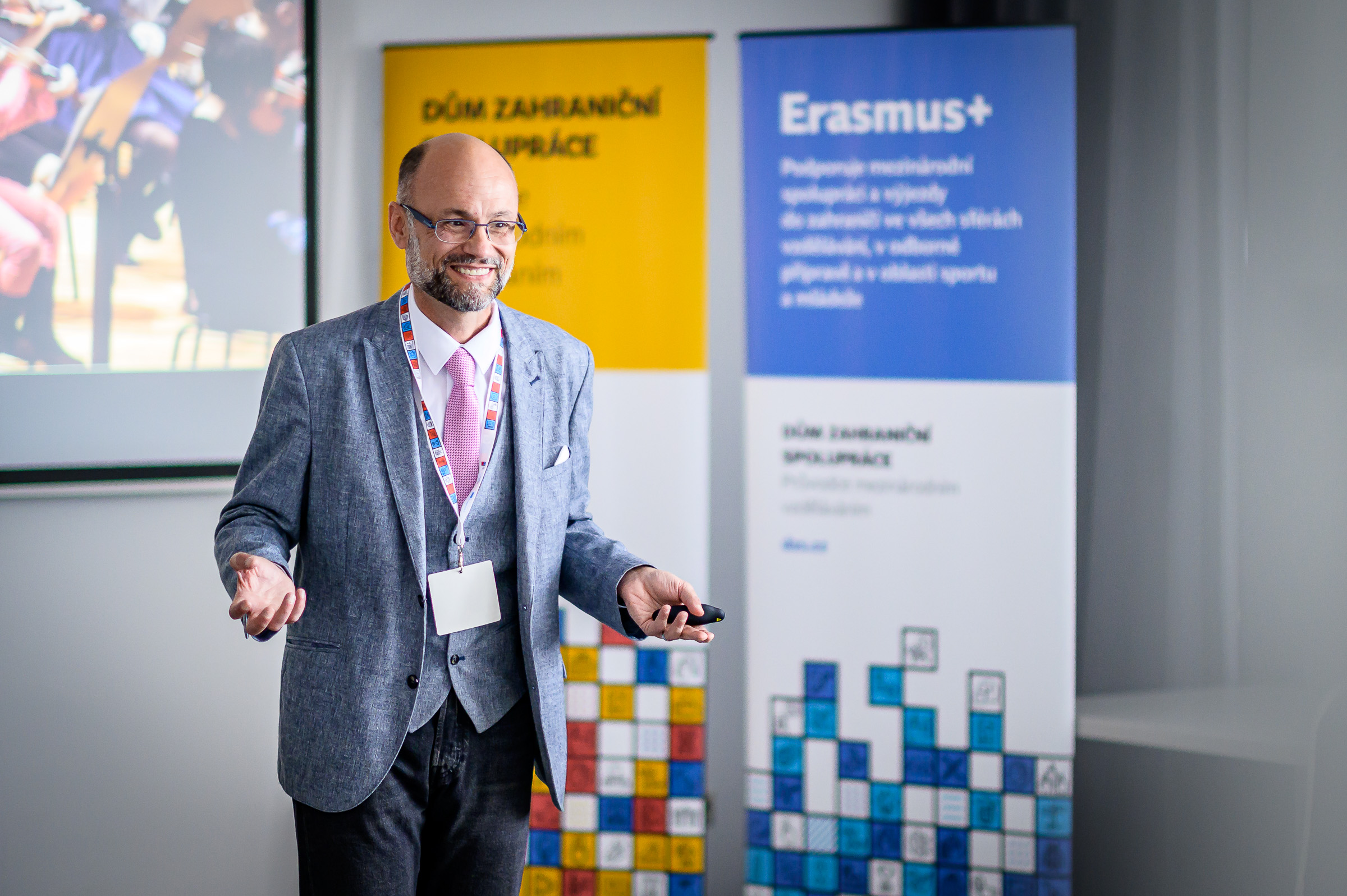
Inspiration and good practices
Guests from Chance4Children (C4C) and Brno For You also participated in the training, sharing good practice and their recommendations in project preparation, followed by a discussion. Chance4Children presented the "Chance to Discover EU" project, in which they have traveled sustainably across five European countries with 20 young people in institutional care. During this trip, the young people gained greater confidence in using foreign languages and navigating unfamiliar environments, as well as increased motivation to push their boundaries. C4C was one of the first Czech organizations to undertake a DiscoverEU project, passing on practical information to other potential candidates.
A delegate from Brno For You, a non-profit organization that focuses on working with youth, young professionals, and those with disadvantages or limited opportunities, presented the "Step Forward with Brno For You" project. She advised the participants to include in the projects, for example, music, sports, or dance activities to increase motivation. She gave the participants an overview of the problems they faced and how they can be solved.
How to prepare your own application for financing projects?
Throughout the whole event, experienced trainers explained to the participants the rules and tools for creating projects regarding mobility and cooperation among organizations. Then, they gave them the opportunity to create their own project concept, either individually or in collaboration with other participants. At the end of the training, they presented these concepts in front of all participants and received feedback. During the training itself, the participants already made valuable contacts and some of them even agreed on future international cooperation on a project. Many team activities and the making of collages on the walls of the training room, where participants shared their expectations with each other, also helped with networking.
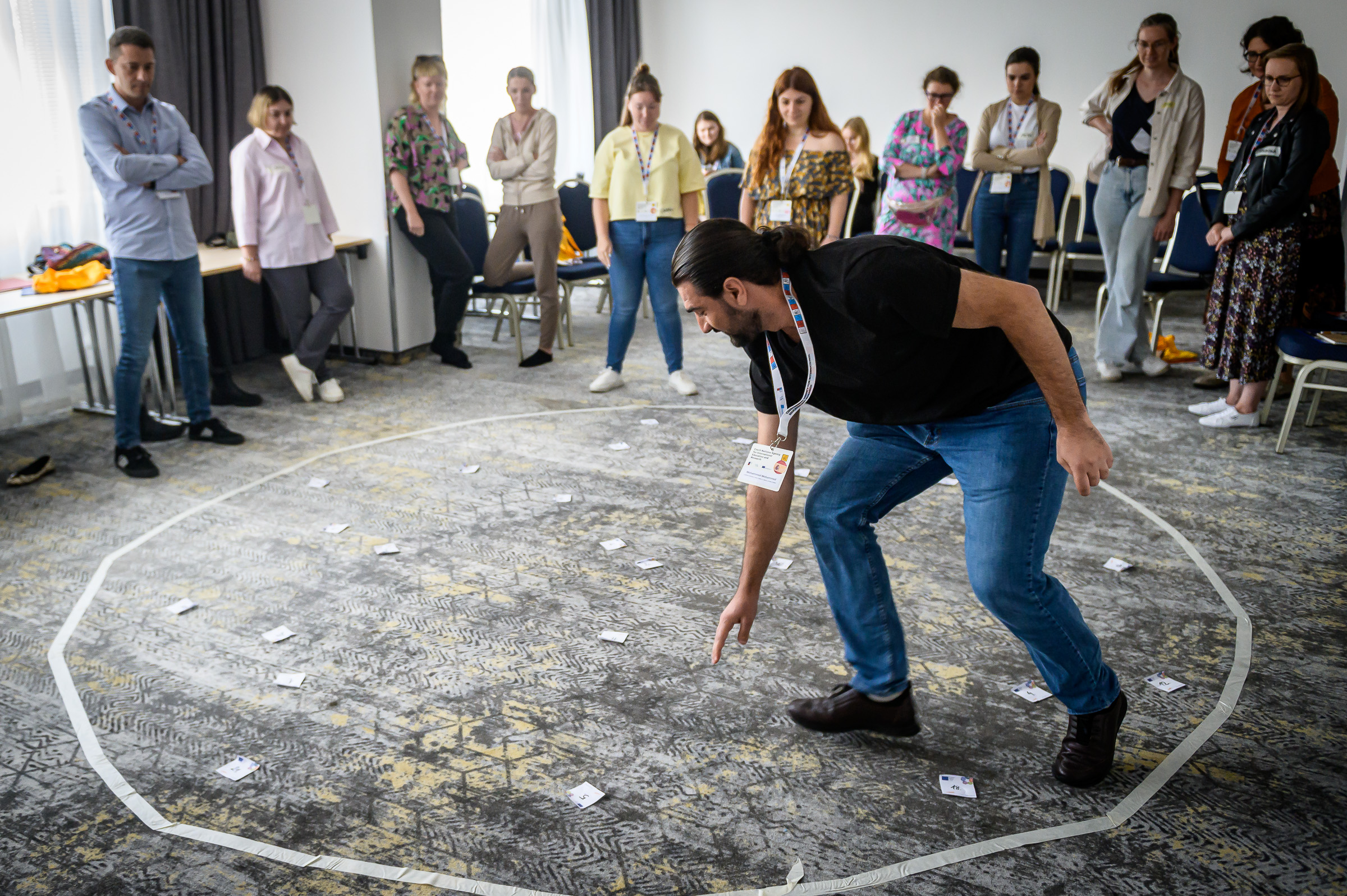
The aim of the training was to show that young people from disadvantaged or socially excluded backgrounds, including refugees, can also participate in the Erasmus+ programme. For example, Mohammed from the Spanish association Kudwa, which works on projects to promote diversity and inclusion between refugees and European society, came here to draw inspiration.
"This event taught me a lot about how to better organize my ideas, how not to be afraid to create a concept for my own project, and how to find possible partners for it. This information will help me in my daily work with refugees and immigrants. It is evident that the Czech National Agency for International Education and Research can provide a lot of knowledge and experience on this topic," said Mohammed. "I feel that after this training I am ready to apply for my own project," agrees Thea, director of an Estonian children's home in Tilsi.
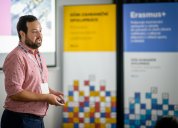
Foto: Petr Zewlakk Vrabec
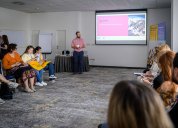
Foto: Petr Zewlakk Vrabec
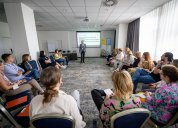
Foto: Petr Zewlakk Vrabec
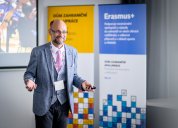
Foto: Petr Zewlakk Vrabec
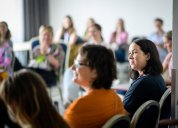
Foto: Petr Zewlakk Vrabec
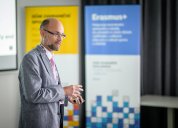
Foto: Petr Zewlakk Vrabec
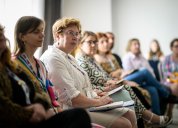
Foto: Petr Zewlakk Vrabec
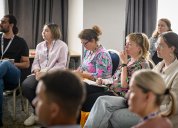
Foto: Petr Zewlakk Vrabec
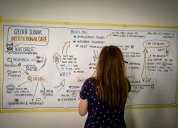
Foto: Petr Zewlakk Vrabec
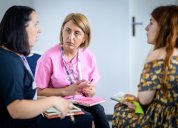
Foto: Petr Zewlakk Vrabec
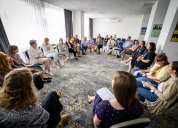
Foto: Petr Zewlakk Vrabec
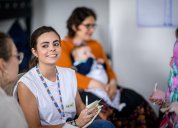
Foto: Petr Zewlakk Vrabec
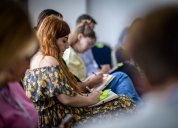
Foto: Petr Zewlakk Vrabec
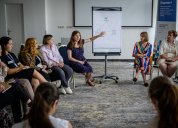
Foto: Petr Zewlakk Vrabec
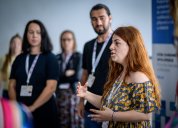
Foto: Petr Zewlakk Vrabec
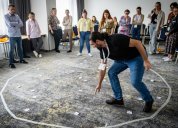
Foto: Petr Zewlakk Vrabec
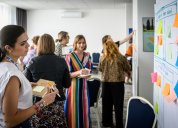
Foto: Petr Zewlakk Vrabec
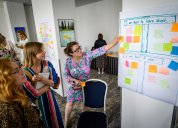
Foto: Petr Zewlakk Vrabec
